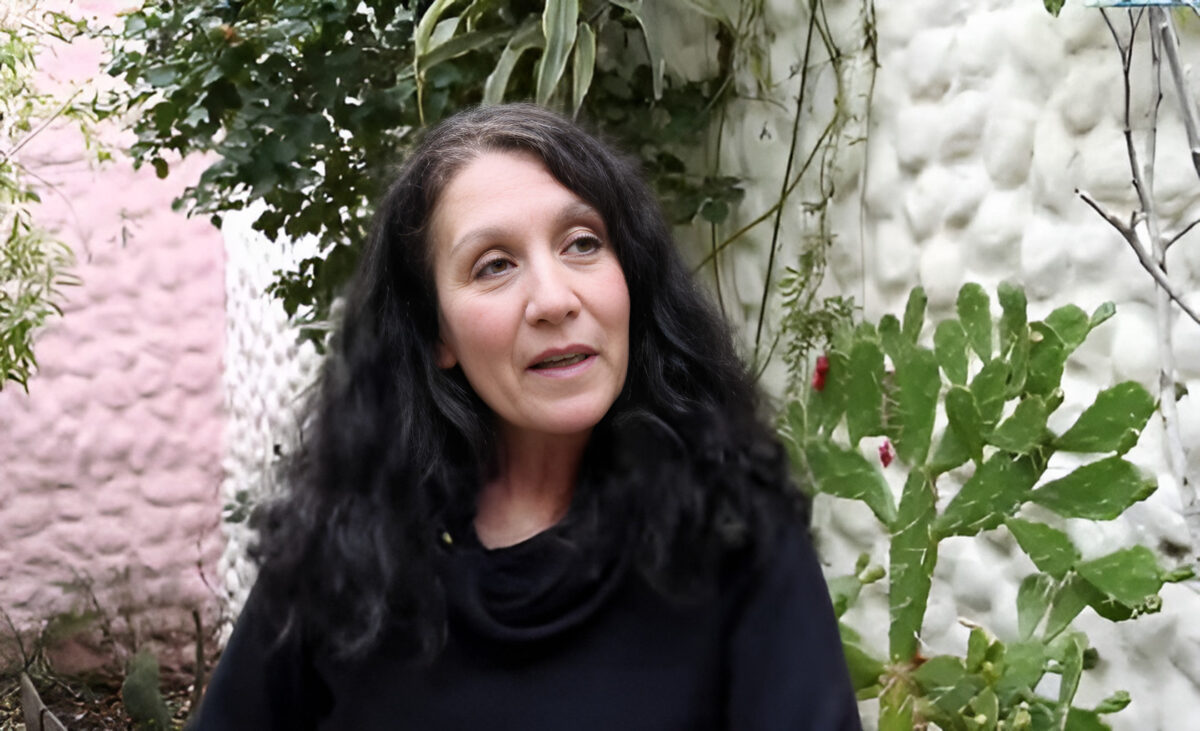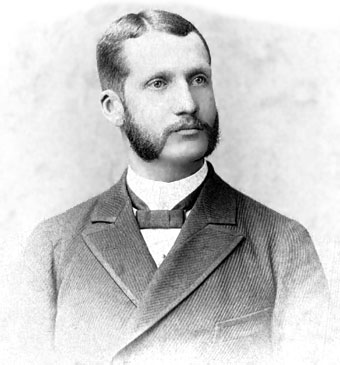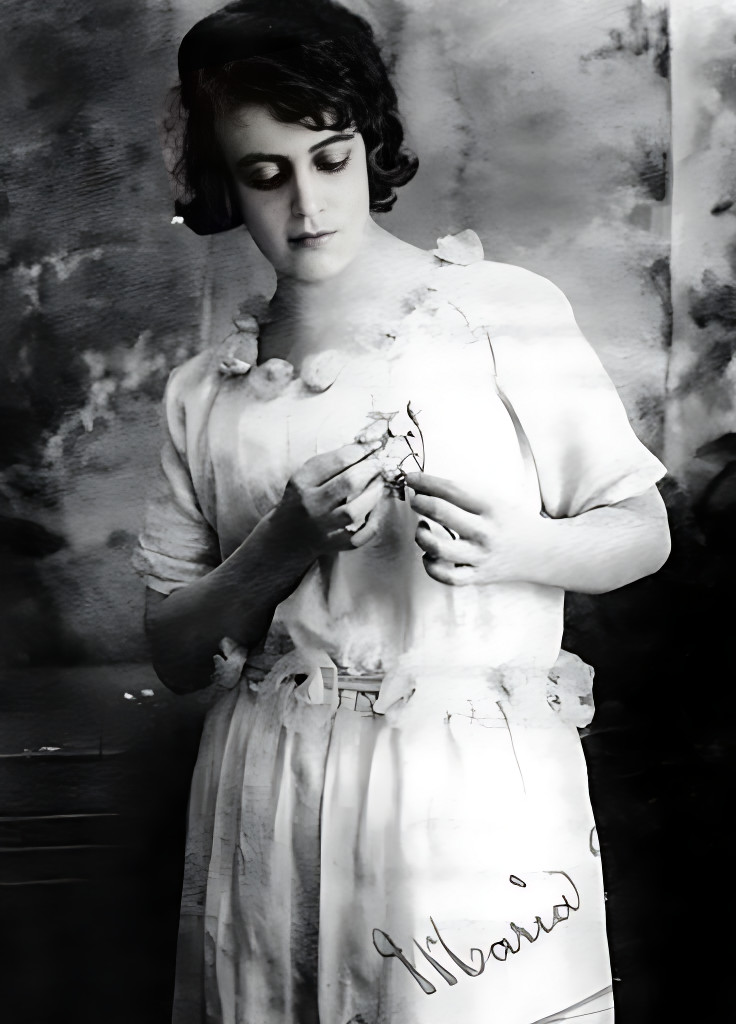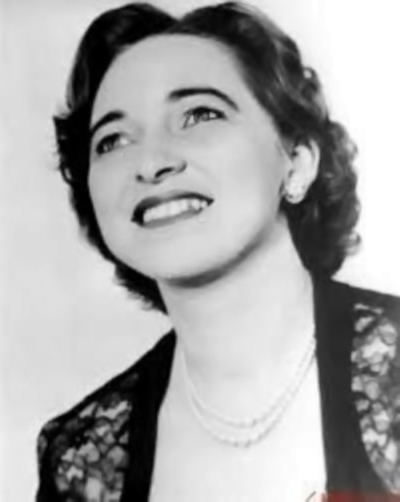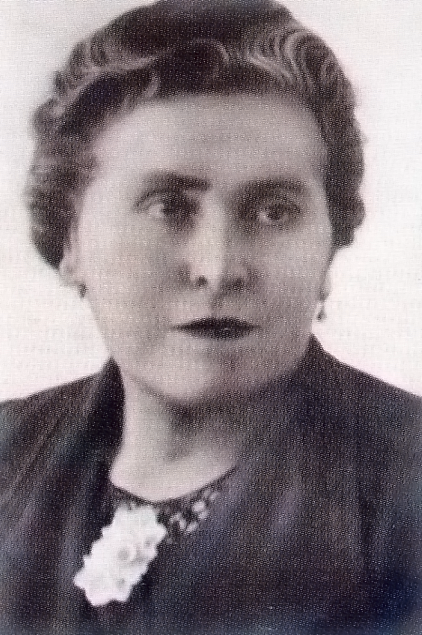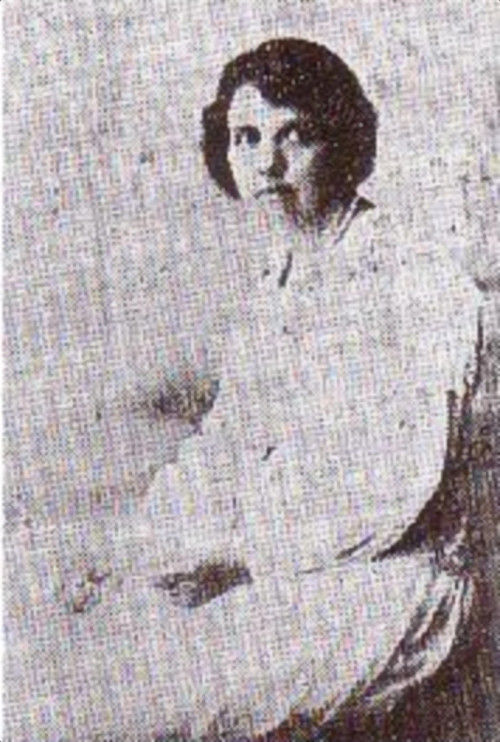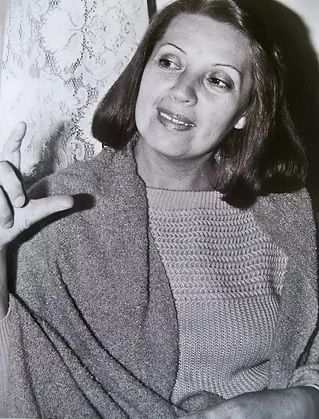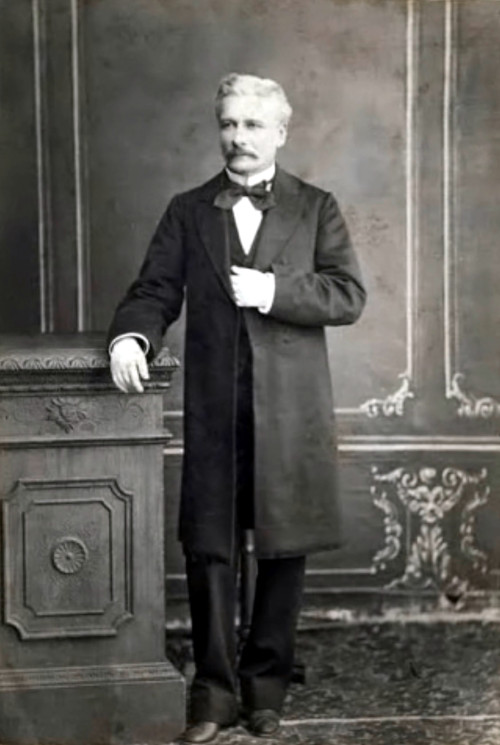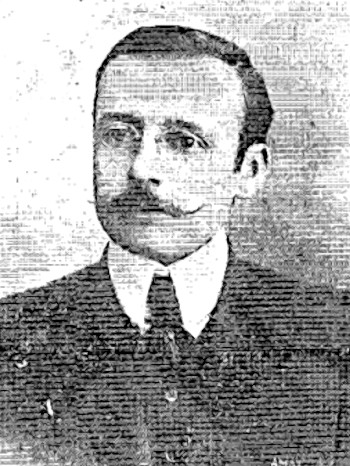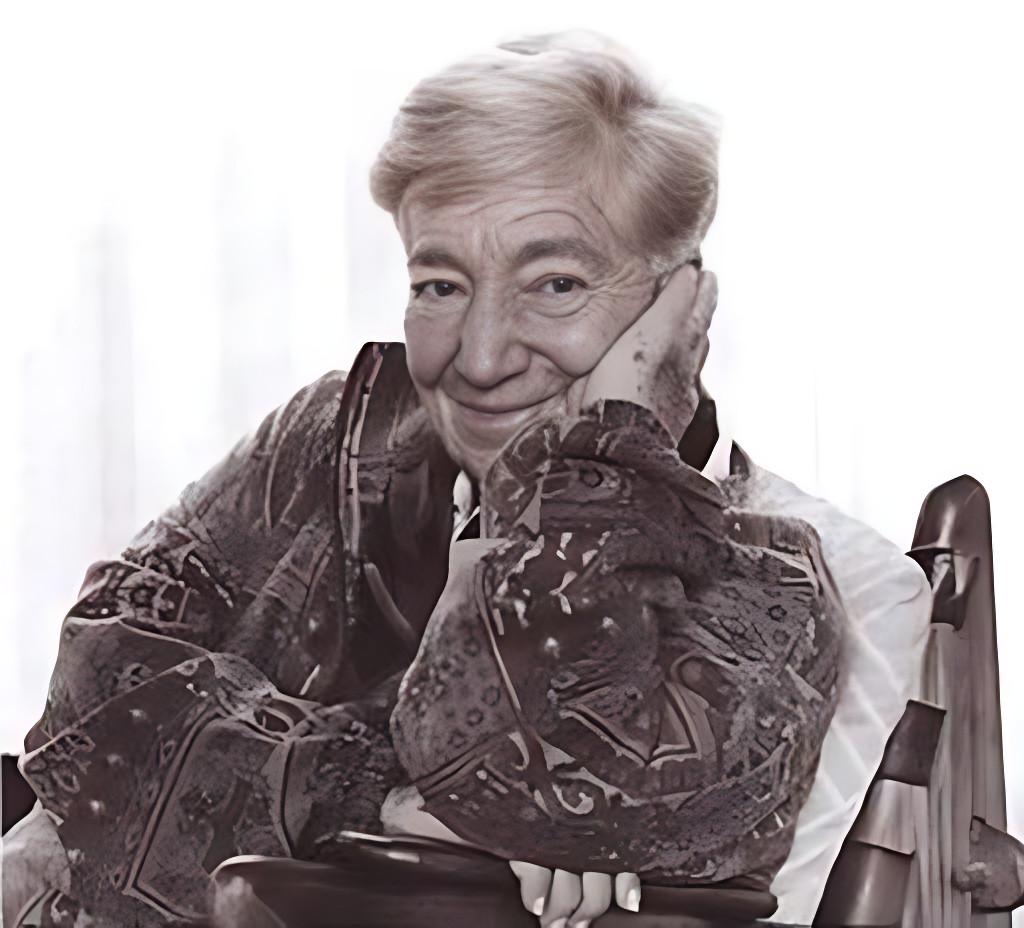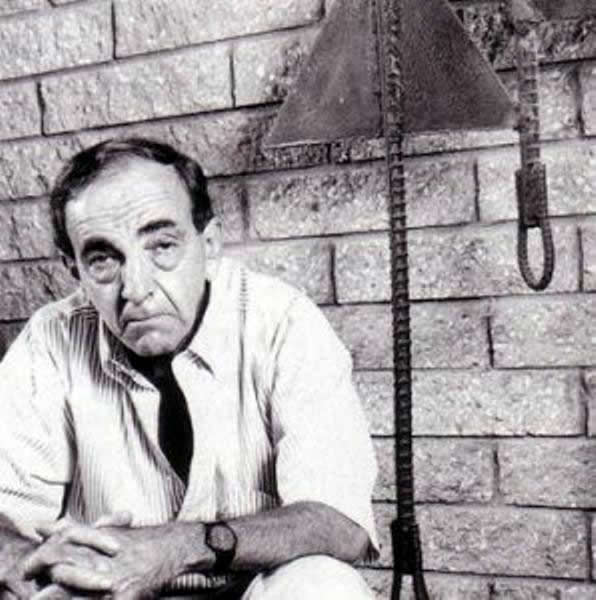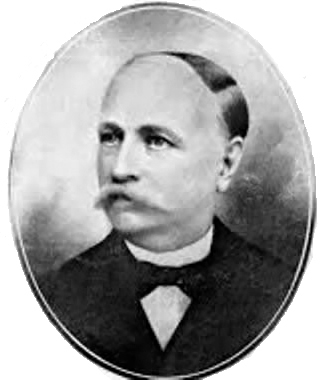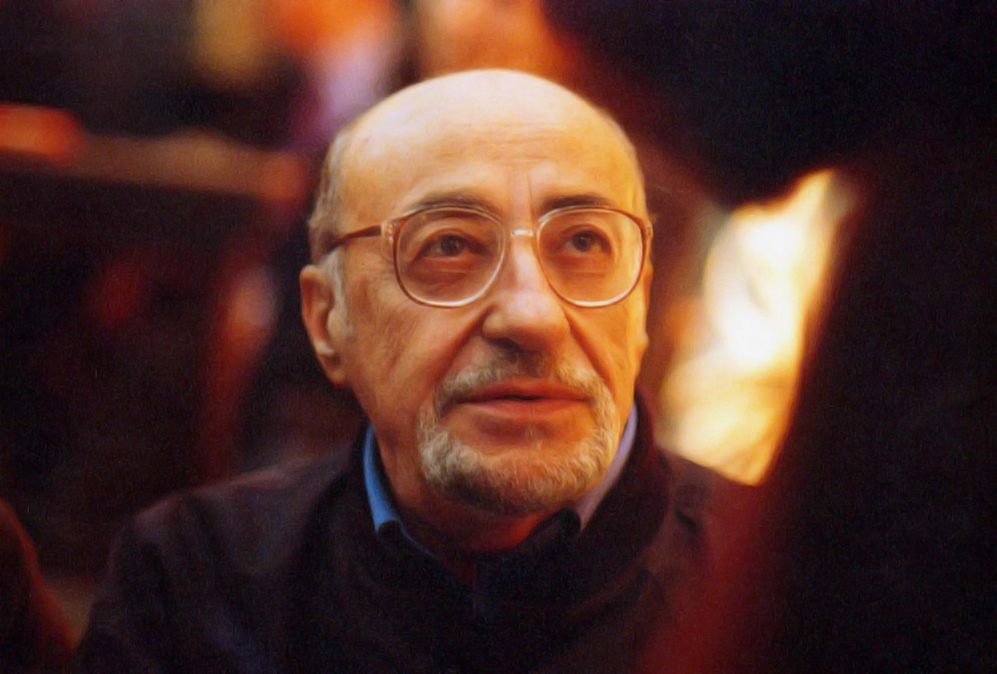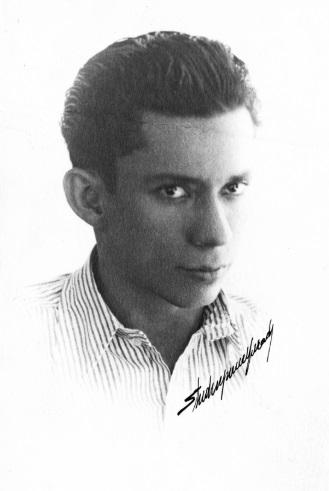María del Carmen Garcés is a writer, translator, journalist and historian. She was born in Latacunga in 1958. She has lived in Bolivia, Argentina, United States, Cuba and Chile. One of her best known books is Conversaciones con Pombo: Combatiente de la guerrilla del Che en Bolivia (2011), about her conversations with Harry Villegas Tamayo, aka Pombo, a guerilla fighter who accompanied the revolutionary Che Guevara in Bolivia.
Continue reading “María del Carmen Garcés”Posts
Remigio Crespo Toral
Remigio Crespo Toral was an Ecuadorian poet and writer. He was born in Cuenca on August 4, 1860 and died In the same city on July 8, 1939. In 1905, President Leónidas Plaza Gutiérrez appointed him lawyer of the Republic, to defend Ecuador in its diplomatic conflict with Peru. In 1909, in the centennial of the first cry of independence, Crespo Toral published a book titled Cien años de emancipación. In 1917, he was crowned national poet, by decree of the President Alfredo Baquerizo Moreno, in the Central Park of Cuenca. This was a very important ceremony, which was attended by the entire city, including senior officials like President Baquerizo Moreno, the Ambassadors of the United States, Belgium, Chile, Peru, among others. In 1925, he was appointed Rector of the University of Cuenca, holding this post until his death.
Continue reading “Remigio Crespo Toral”Mary Corylé
María Ramona Cordero y León (Cuenca, May 21, 1894 – Cuenca, May 7, 1976) was an Ecuadorian poet, novelist, journalist, and playwright best known by her pseudonym Mary Corylé. She gained prominence with her poetry collection Canta la vida (1933), which challenged conservative societal norms with its bold themes, including early examples of eroticism in Ecuadorian literature, as seen in her famous poem Bésame (1925). A defender of women’s rights and a prolific writer, Corylé published over 100 works across various genres and also contributed to journalism, education, and archival work, including founding the Municipal Library of Cuenca.
Continue reading “Mary Corylé”Carmen Acevedo Vega
Carmen Acevedo Vega de Idrobo (Guayaquil, July 16, 1913 – Guayaquil, April 28, 2006) was an eminent Ecuadorian poet, writer, and journalist whose literary career spanned several decades. Known for her profound and lyrical verses, Vega delved into themes of social justice, womanhood, and the human condition, making significant contributions to Ecuadorian literature and culture. Through her work in journalism and membership in various cultural and journalistic institutions, she played a pivotal role in the cultural landscape of Ecuador. Vega’s dedication to exploring complex social themes and her involvement in literary and cultural circles have cemented her legacy as a key figure in Ecuadorian literature.
Continue reading “Carmen Acevedo Vega”María Angélica Idrobo
María Angélica Idrobo (July 29, 1890 – February 26, 1956) was a prominent Ecuadorian educator, writer, and pioneering women’s rights activist. Educated in Quito and further trained in Argentina and Uruguay, she excelled in pedagogy, founding notable institutions like Liceo Ariel, Fernández Madrid, and Simón Bolívar. Alongside Zoila Ugarte, Idrobo established the “Sociedad Feminista Luz de Pichincha,” advocating for women’s empowerment. She also created schools for women, significantly contributing to female education. Her literary work, including “Homenaje a las Madres,” reflects her deep commitment to social issues. Idrobo’s enduring legacy continues to inspire in Ecuador’s cultural and educational spheres.
Continue reading “María Angélica Idrobo”Luz Argentina Chiriboga
Luz Argentina Chiriboga Guerrero (Esmeraldas, Ecuador, April 1, 1940) is an Afro-Ecuadorian writer known for her exploration of Afro-Hispanic cultural identity and the challenges faced by women. Her work spans novels, short stories, poetry, and essays, focusing on themes such as race, gender, and sexuality within patriarchal and racially segregated societies. Chiriboga’s most notable works include Bajo la piel de los tambores (Drums Under My Skin) and Jonatás y Manuela, which highlight the complexities of Afro-Ecuadorian identity and female autonomy. She has won multiple awards and her work has been translated into several languages, including English, French, and Italian.
Continue reading “Luz Argentina Chiriboga”Elysa Ayala
Elysa Ayala González, sometimes spelled Elisa Ayala González (Guayaquil, 1879 – 1956) was an Ecuadorian writer and painter. She was Ecuador’s first fiction writer and the first woman to write stories about montubios, the poor and simple peasants from Ecuador’s coast. Because of the sexist and conservative climate in Ecuador at the time, Elysa’s early works appeared mostly in foreign magazines, such as Nubes Rosadas and Revista Argentina (Argentina), Sucesos and El Nacional (Chile), Adelante (Uruguay), Hero and Cosmos (Cuba), América (the United States), and La Voz de Valencia (Spain). In Ecuador, her stories appeared in La Ilustración and some other magazines. Being fluent in English and French, she translated some of her stories into these languages. It should be noted that part of her literary work remains unpublished, including a novel about the peasant class, which was her preferred motif.
Continue reading “Elysa Ayala”Violeta Luna
Morayma Violeta Luna Carrera is an Ecuadorian poet, essayist, journalist, literary critic, professor. She was born on February 24, 1943 in Guayaquil. She is a member of various organizations, including the Press Circle of Ecuador, the Society of Ecuadorian Writers, and the House of Ecuadorian Culture.
Numa Pompilio Llona
Numa Pompilio Llona (Guayaquil, March 5, 1832 – April 5, 1907) was an Ecuadorian poet, lawyer, journalist, educator, diplomat, and philosopher. He served as a diplomat abroad, in countries such as Spain, France, Italy and Colombia, during which time he formed friendships with famous authors such as Victor Hugo, George Sand and Alphonse de Lamartine. He served as the rector of the University of Guayaquil, and also as the director of the Municipal Museum and Library of Guayaquil. During his lifetime he was one of Ecuador’s most popular poets.
Continue reading “Numa Pompilio Llona”Joaquín Gallegos Del Campo
Joaquín Gallegos Del Campo was an Ecuadorian modernist poet, newspaper publisher, and liberal politician. He was the father of the legendary author Joaquín Gallegos Lara. He was born in Guayaquil, Ecuador on July 27, 1873. In 1894, he and his brother Emilio founded the liberal weekly newspaper El Cáustico. In 1896, he founded another liberal newspaper, América Modernista, which published many modernist poets of the era. On November, 20, 1910, while serving as Secretary-General of the Government of El Oro Province, he was killed by a stray bullet during a revolutionary riot gunfight when he looked out his office window from the government building to see what was happening. At the time of his death his only son was less than 2 years old. In 1912, his only book Mis recuerdos: poesías líricas y cuentos en prosa was published posthumously by his window Emma Lara Calderón.
Continue reading “Joaquín Gallegos Del Campo”Nela Martínez
Nela Martínez Espinosa was an Ecuadorian communist, politician, activist, feminist and writer. She was born in Guayaquil, Ecuador on November 24, 1912 and died in Havana, Cuba on July 30, 2004. She was once briefly married to the legendary Ecuadorian author Joaquín Gallegos Lara, with whom she shared a communist ideology. While their marriage ended in divorce, they remained lifelong friends. When Gallegos died in 1947 he left behind an unfinished novel titled Guandos, which Martínez completed and published in 1982. Both Gallegos and Martínez are credited as co-authors of Guandos.
Continue reading “Nela Martínez”Carlos Béjar Portilla
Carlos Béjar Portilla (Ambato, February 17, 1938) is a prominent Ecuadorian writer, poet, and lawyer, who significantly developed the science fiction genre in Ecuador during the latter half of the 20th century. His works, such as Simón el mago (1970) and Tribu sí (1981), are known for blending futuristic and fantastical themes with societal commentary, offering a fresh and modern take on speculative fiction. Béjar’s contributions revitalized the genre and expanded its presence in Ecuadorian literature, distinguishing him as a key figure in the country’s literary evolution. He is also a founding member of the Society of Writers of Ecuador.
Continue reading “Carlos Béjar Portilla”Francisco Campos Coello
Francisco Campos Coello (Guayaquil, July 24, 1841 – April 25, 1916) was an Ecuadorian writer, historian and politician. In 1871, at the age of 30 he published the hagiographic novel “Plácido,” considered the third novel published in Ecuador. In 1893, he published in installments in the magazine El Globo Literario, his novel “La receta,” which is regarded as first literary work of science fiction in Ecuador. The novel, divided into six chapters, tells the story of R., a man who discovers the recipe for an elixir that can make him go to sleep and wake up 100 years in the future, which is how he transports himself to Guayaquil at the end of the 20th century, when the city had become a utopian society as a result of the implementation of liberal ideas of the time.
Continue reading “Francisco Campos Coello”Jorge Enrique Adoum
Jorge Enrique Adoum, or Jorgenrique Adoum (Ambato, June 29, 1926 – Quito, July 3, 2009) was an Ecuadorian poet, novelist and playwright. Adoum is best known for his poetry collections and his celebrated novel Entre Marx y una mujer desnuda (1976). He is regarded as one of Ecuador’s most important writers and intellectuals of the 20th century. Nobel Prize winner Pablo Neruda hailed Adoum as “the best Latin American poet of his generation.” An English translation of Adoum’s poetry was published by Katherine M. Hedeen and Víctor Rodríguez Núñez under the title “prepoems in postspanish and other poems” (Action Books, 2021). This collection includes three of Adoum’s most groundbreaking books: “Currículum mortis” [Curriculum Mortis] (1973, 1979), “prepoemas en postespañol” [prepoems in postspanish] (1973, 1979), and “El amor desenterrado” [Love Disinterred] (1993). In 1989 the President of Ecuador conferred on Adoum Ecuador’s highest literary prize, the Eugenio Espejo Award, for his lifetime of literary work.
Continue reading “Jorge Enrique Adoum”Joaquín Gallegos Lara
Joaquín Gallegos Lara (Guayaquil, April 9, 1909 – Ibidem, November 16, 1947) was an Ecuadorian novelist, short story writer, poet, and literary critic. His works often reflected the social and political issues of his time, including poverty, inequality, and injustice. He was a member of the Communist Party of Ecuador and was imprisoned many times for his political convictions. Lara was born with Pott’s Disease, a rare spinal disease which caused paralysis in his legs. Due to his inability to walk, he was unable to attend school and instead devoted himself to self-study at home, in which time he mastered the French, German, Italian, and Russian languages. He was a member of the “Guayaquil Group,” and has been described as the group’s spiritual leader. The book of short stories “Los Que Se Van” [Those Who Leave] (1930), co-authored with Demetrio Aguilera Malta and Enrique Gil Gilbert, marked the beginning of literary social realism in Ecuador. His most famous novel, “Las cruces sobre el agua” [Crosses on the Water] (1946), is concerned with the November 15, 1922 massacre of striking workers in Guayaquil. Despite his brief life, Joaquín Gallegos Lara’s works are still widely read and continue to be studied and recognized for their profound impact on Ecuadorian literature.
Continue reading “Joaquín Gallegos Lara”
